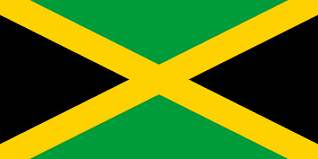JAMAICAN
Language/Ethnic Makeup
English is the island’s official language. A patios known as Creole, a combination of English and West African, is spoken in rural areas and increasingly in urban areas. Jamaican speech has a rhythmic and melodic quality.
The original inhabitants of Jamaica were an Amerindian tribe called the Arawaks. Today, more than 95% of Jamaicans are of African descent.
Spiritual Affiliations
Two thirds of Jamaicans are Protestants. Twenty-one percent are other or unspecified, and the rest are Roman Catholic, Jehovah’s Witness and Rastafarians.
Cultural Considerations
The most common greeting is a handshake with direct eye contact and a smile, followed by the appropriate salutation for the time of day.
Address people by Mr., Mrs., or Miss along with their surname until a personal relationship develops. Men often pat each other’s shoulder or arm during the greeting process or while conversing.
Death is regarded as a natural transformation, and funerals are one of the most important African-Jamaican rituals. A well-attended, harmonious funeral is considered a sign of good living.
African Jamaicans often believe illness is caused by spiritual forces or as a result of violating cultural taboos. Consequently, most illnesses are treated holistically. When traditional means fail, modern medicine is tried.
Cardiovascular diseases, diabetes and cancer are the leading causes of death in Jamaica. Life expectancy for men is 71 years, and for women, 76.
FOOD PRODUCTS
The Spanish introduced many of the plants for which Jamaica is now known: sugar cane, lemons, limes, and coconuts. They also brought pigs, cattle and goats.
Africans brought ackee, now the national dish of Jamaica, okra, peanuts and a variety of peas and beans, all staples in modern day Jamaica.





